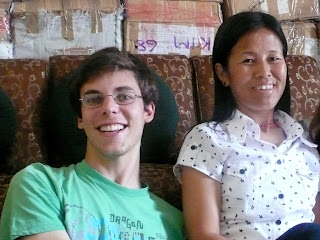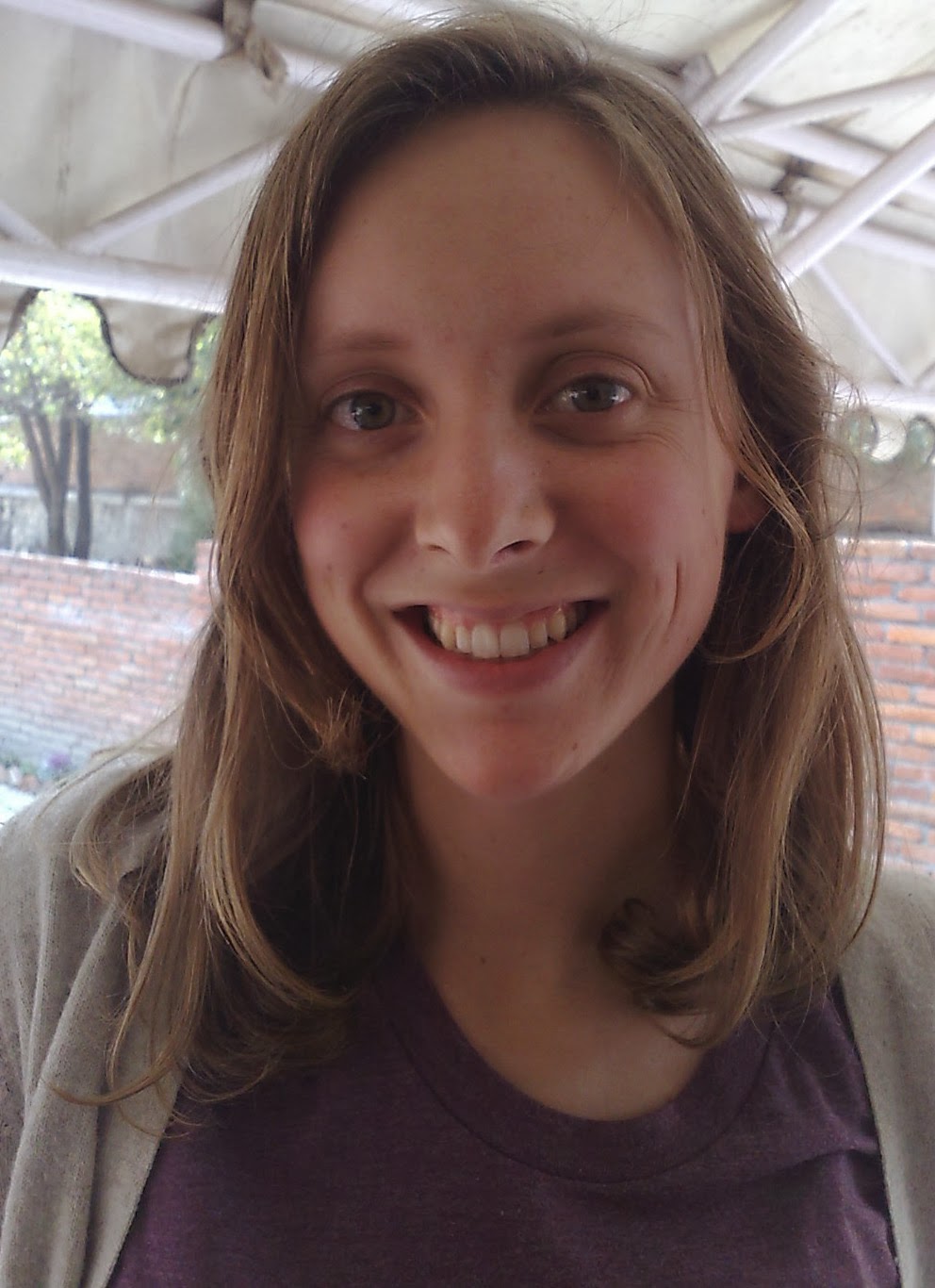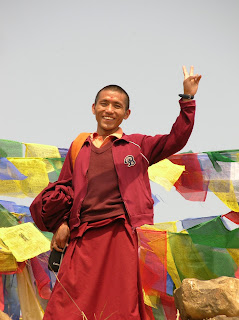A Traditional Wedding in Nepal

Saturday morning, at Buddhanilkantha next to the 5m-long Sleeping Vishnu statue in a pond, under a colorful tent, a traditional Nepali wedding took place between my English friend from the summer course and his Nepali sweetheart. We were so excited that we would be invited to witness a traditional wedding ceremony, and I personally was joyful I was finally wearing my sari, which until then had been waiting two and a half years in my closet to be worn (Putting on a sari is hard work!). The mother of the bride welcomed us and we were seated in front of a smoky fire pit along with much burning of incense. The pit was totally encircled by orange flower garlands, and loads of trays with both small and large items that were part of the rituals…plenty of green leafed bowls, filled with different kinds of substances, colored powders, rice, oils, yogurt, flower petals, etc. were completing the altar scene. In contrast with the weddings in the West, the bride wore a red sari, and was ast












